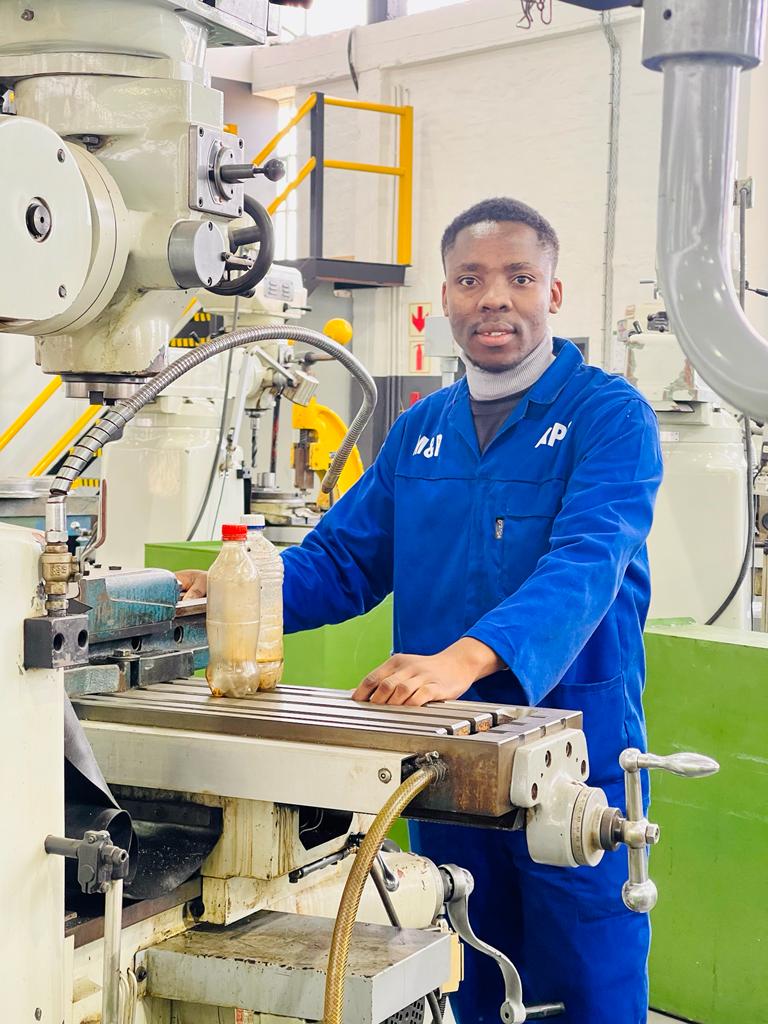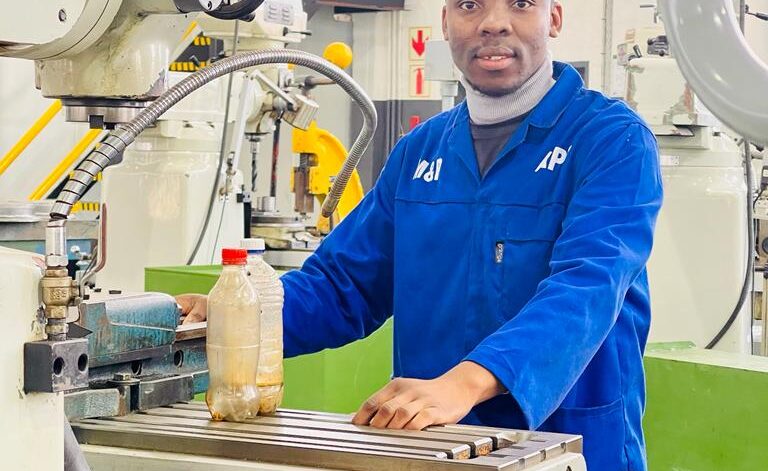Job details
Job type
- Full-time
Location
Mpumalanga, KwaZulu-Natal
Full job description
Our client is looking for a Boilermaker to join the team in Bethal Area – Mpumalanga
This is a ‘LIVE OUT’ position
MINIMUM REQUIREMENTS
- Grade 12 or equivalent (NQF 4)
- Section 26 Boilermaker Trade Certificate / MIETTB Trade Certificate through a registered body
- Minimum 3 to 5 years post apprenticeship experience in manufacturing environment
- Mechanic experience would be advantageous
- Computer literate
- Excellent communication skills
- Problem solving within agreed standards, policies and procedures
- Self-motivated self-starter with high levels of initiative
- Team leadership and management skills
- Job planning skills
- Valid driver’s license with own vehicle
ONLY short-listed candidates will be contacted
What Does a Boilermaker Do?
A boilermaker’s work is highly specialized. They focus on the fabrication, installation, and maintenance of boilers and related equipment. These boilers are found in power stations, ships, manufacturing plants, refineries, and mines.
Some of the main responsibilities of a boilermaker include:
- Assembling boilers and tanks by using hand tools, welding equipment, and power tools.
- Reading and interpreting blueprints and technical drawings to build and repair pressure vessels.
- Cutting and shaping metal sheets and sections using flame cutters, drills, and grinders.
- Inspecting boilers and pressure systems to ensure safety and compliance with regulations.
- Repairing leaks, cracks, or faulty parts to restore safe operation.
- Maintaining furnaces, smokestacks, and tanks to prolong equipment lifespan.
Because boilers operate under extreme pressure and heat, the work requires precision and strict adherence to safety protocols.
Skills Required to Become a Boilermaker
Boilermakers must have a balance of technical knowledge and physical ability. Some key skills include:
- Technical Skills
- Ability to read blueprints and engineering diagrams.
- Proficiency in welding and metal fabrication.
- Knowledge of power tools and machine operations.
- Physical Strength and Stamina
- The job involves lifting heavy parts, bending, climbing, and working in confined spaces.
- Problem-Solving Skills
- Ability to detect issues in boilers and suggest effective repairs.
- Mathematical and Measurement Skills
- Understanding dimensions, pressure levels, and tolerances.
- Safety Awareness
- Strict adherence to safety standards when working with high-pressure systems and heavy machinery.

How to Become a Boilermaker
To start a career as a boilermaker, one typically follows these steps:
1. Education
A high school certificate or equivalent is usually required. Subjects like mathematics, physical science, and technical drawing are highly recommended.
2. Apprenticeship or Learnership
In South Africa and many other countries, boilermakers train through an apprenticeship program that lasts 3–4 years. This combines classroom learning with on-the-job experience.
3. Trade Test
After completing training, candidates must pass a trade test to qualify as a certified boilermaker.
4. Continuous Training
Because technology and safety standards evolve, many boilermakers continue their training throughout their careers by attending specialized courses in welding, hydraulics, or advanced fabrication.
Industries Where Boilermakers Work
Boilermakers are in demand in multiple industries, such as:
- Mining and Metal Processing – repairing and building furnaces and pressure vessels.
- Construction – fabricating and installing steel structures.
- Energy and Power Plants – building and maintaining boilers used to generate electricity.
- Shipbuilding – working on boilers, tanks, and marine vessels.
- Oil and Gas Industry – fabricating storage tanks and pressure vessels.
This wide range of industries makes boilermaking a flexible and rewarding career.
Work Environment
Boilermakers often work in challenging conditions. They may spend long hours in noisy factories, confined spaces, or outdoors in extreme weather. Protective gear such as helmets, gloves, safety glasses, and welding masks are essential.
Work schedules can also include overtime, night shifts, and weekend jobs, especially when urgent repairs are needed at power stations or refineries. Despite these challenges, the career is highly rewarding for those who enjoy technical and physical work.
Salary and Career Growth
The salary of a boilermaker varies depending on experience, industry, and location.
- Entry-level boilermakers: Can expect a moderate salary during apprenticeship or junior roles.
- Qualified boilermakers: Earn competitive wages, especially in industries such as mining and energy.
- Experienced boilermakers: With years of expertise, they can earn significantly more and often move into supervisory or inspection roles.
In South Africa, for example, boilermakers can earn between R15,000 to R35,000 per month, depending on the sector. Internationally, boilermakers are also in demand, with opportunities to work abroad for higher pay.
Career Opportunities and Future Outlook
Boilermaking remains an in-demand trade because boilers and pressure vessels are essential in industries worldwide. While modern technology has automated some processes, skilled artisans are still needed for precision tasks, repairs, and inspections.
Career growth opportunities include:
- Foreman or Supervisor – leading a team of boilermakers and welders.
- Quality Inspector – ensuring safety standards and quality compliance.
- Welding Specialist – advancing into specialized welding techniques.
- Entrepreneurship – starting a fabrication or repair workshop.
With additional certifications, a boilermaker can also transition into related trades such as pipefitting, welding, or mechanical engineering.
Advantages of Being a Boilermaker
- High demand across multiple industries.
- Good salary potential, especially with experience.
- Opportunities to work abroad in countries that need skilled artisans.
- Hands-on, practical work for those who enjoy technical challenges.
- Career stability, since industries like energy and mining always require boiler maintenance.
Challenges of the Job
Like any career, boilermaking has its challenges.
- Exposure to heat, noise, and heavy equipment.
- Risk of injuries if safety protocols are not followed.
- Physically demanding work requiring stamina.
- Irregular working hours during urgent projects.
However, with proper training and safety awareness, these challenges can be managed effectively.
Conclusion
A career as a boilermaker is both rewarding and challenging. It offers excellent opportunities for growth, financial stability, and international demand. With the right training, strong technical skills, and a commitment to safety, a boilermaker can enjoy a successful and fulfilling career.
For young people who are interested in hands-on technical work, problem-solving, and building vital equipment, becoming a boilermaker is a valuable trade that promises a secure future.

